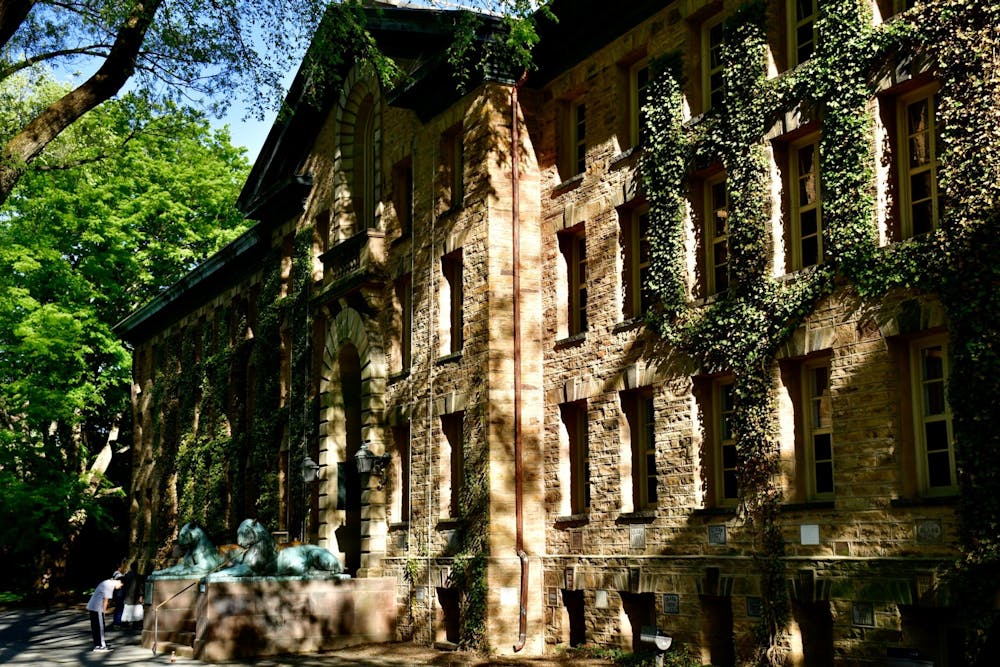As of Jan. 1, the statewide minimum wage in New Jersey will increase to $14.13 per hour, according to the New Jersey Department of Labor & Workforce Development. This change marks the latest part of a multi-phase plan to increase the statewide minimum wage to $15 per hour by 2025. This legislation was signed into effect by Gov. Phil Murphy in 2019.
The phased increases have grown at a rate of $1 annually, but this year, inflation was factored in and the wage increase included an extra $0.13.
In January, the legislation boosted wages from $12 to $13. At that time, Murphy said that the policy reflected his office’s efforts to support sustainable wages and build a “stronger and fairer economy” in the state.
Starting next year, some student employees can anticipate a bump in wages. Due to the policy, the University will be required to increase the pay for “worker 1 jobs,” which are currently paid $13 per hour. Jobs in this bracket include library employees, Reunions ushers, and Orange Key tour guides.
In addition to “worker 1” positions, on-campus jobs are separated into two other primary wage brackets, called “worker 2” and “manager/tutor” roles. These positions differ in their requirement of prior experience or of taking on a supervisory role. According to the University, the former typically requires 1–2 years of experience or extensive physical exertion, and the latter entails peer instruction and independent decision-making.
It remains to be seen whether student employees in “worker 2” jobs will receive higher wages starting next year, as the legislation will not mandate a change to the hourly rates for this University wage bracket, which is currently paid $14/hour.
Precedent suggests that a proportional wage increase is possible, as last year the University increased the hourly wage of “worker 2” jobs from $13 to $14 and “manager/tutor” jobs from $15.50 to $16 in tandem with the mandated increase in pay for jobs in the first bracket.
Though the University does not employ any tipped laborers, the minimum wage for these workers will increase to $5.26/hour, from $5.13/hour currently. If a worker’s combined cash wage and tips do not equal the increased minimum wage, the employer is required to make up the difference. Moreover, employers will be able to gather $8.87 in tip credit, an increase from the current maximum of $1. A tip credit is a way to factor tips into minimum wage standards.

Tess Weinreich is an Assistant News Editor and features contributor for the ‘Prince.’
Anika Buch is an Associate News Editor at the ‘Prince’ who typically covers STEM communities and on-campus research.
Please direct all corrections to corrections[at]dailyprincetonian.com.









